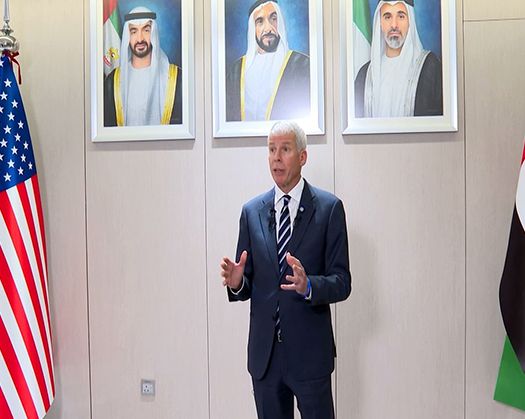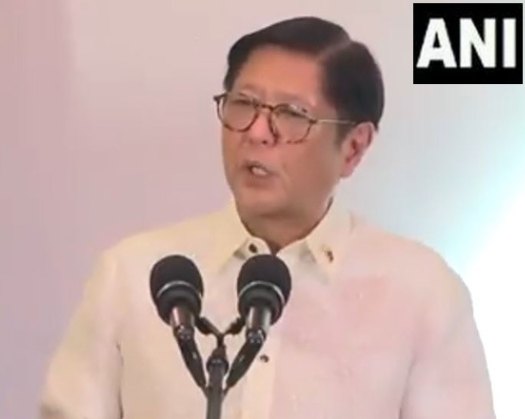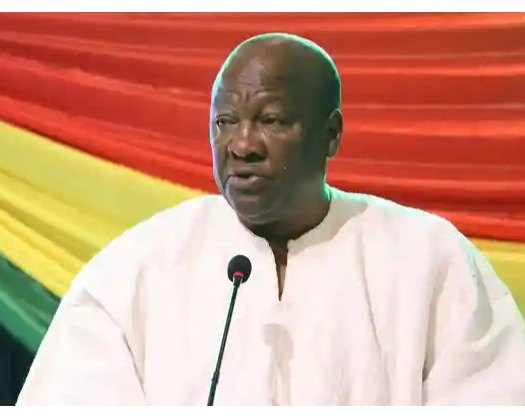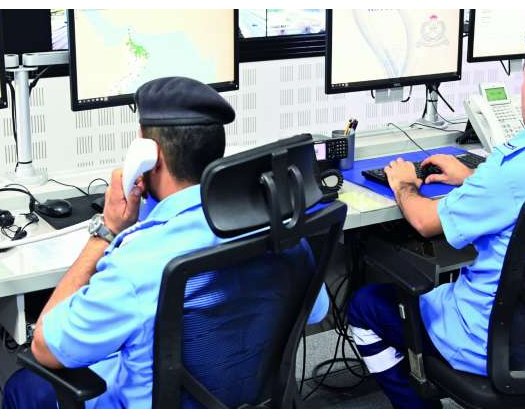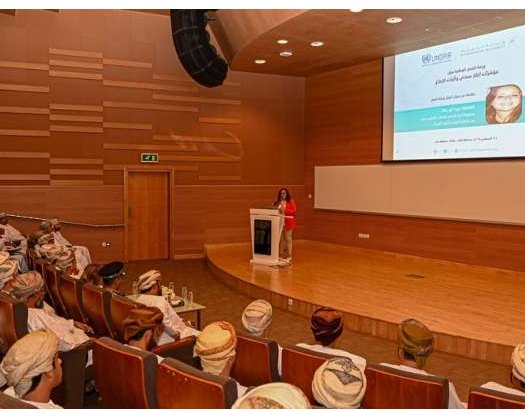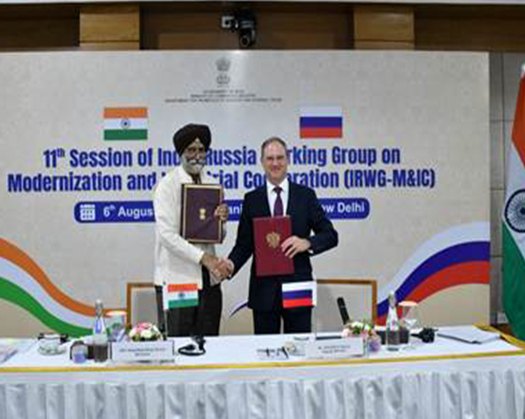Abu Dhabi: During his visit to the UAE, US Secretary of Energy Chris Wright highlighted the robust and expanding strategic partnership between the United States and the United Arab Emirates in energy, artificial intelligence (AI), and advanced technology.
This trip marks Wright's first official international engagement, where he noted that the bilateral relationship with the UAE is experiencing "rapid growth" in terms of investment and collaborative efforts. His regional tour, which includes three nations, aims to enhance connections with key geostrategic and energy partners.
While visiting ADNOC headquarters, Wright praised the UAE for its proactive approach to integrating AI within its energy sector. "The UAE has been a pioneer in AI. I witnessed remarkable advancements today in how they are implementing AI in their energy systems, along with a compelling vision for their future," he stated to the press. He anticipates substantial collaboration between the two countries in energy and AI, involving significant investments flowing in both directions, alongside ongoing geopolitical cooperation. When asked about mutual investments, particularly after the establishment of the UAE's XRG company, Wright pointed out the considerable opportunities for Emirati investments in the US and vice versa, which encompass capital and technology exchanges.
He also noted that artificial intelligence will be a key driver of future energy demand, especially for natural gas and electricity.
Wright reiterated that the US is welcoming to foreign investments and is focused on empowering the private sector while lowering costs, positioning itself as an appealing destination for investments in oil, gas, and advanced energy sectors.
He explained that oil and gas prices are shaped by free market dynamics rather than being dictated by any single entity. He noted that the United States is maintaining strong oil production levels, while natural gas output is rapidly increasing due to heightened domestic demand and expanded export capabilities.
He mentioned that short-term price changes are primarily influenced by market perceptions of supply and demand, stating, "In the long run, I anticipate a gradual decrease in oil and gas prices in the United States, and we hope to see a similar trend globally."
Wright indicated that this anticipated price drop does not necessarily equate to reduced profitability for companies. He asserted that energy firms will continue to lower production costs and encounter fewer regulatory burdens, which will benefit the industry overall.
He underscored that President Donald Trump's agenda aims to reduce energy costs to enhance the quality of life for citizens, improve corporate competitiveness, and stimulate investment. He pointed out that the current US administration is focused on fostering energy demand growth through advancements in artificial intelligence, the reshoring of industries, and elevating living standards.
Additionally, he brought attention to new investment initiatives in the energy sector, such as XRG, which is dedicated to investing in low-carbon energy, chemicals, technological innovation, and delivering essential energy and products to enhance the quality of life for individuals and communities globally.
He emphasized that artificial intelligence necessitates substantial investments and advanced expertise, creating opportunities for strategic partnerships between the UAE and the United States.
Wright elaborated that capital and technology are flowing in both directions, commending the technological advancements in oil and gas production and recognizing the UAE's early investments in artificial intelligence technologies.
He indicated that the United States is gearing up for a new era of significant growth in oil and gas demand in the upcoming years, coinciding with an anticipated rise in production. He emphasized that artificial intelligence will play a crucial role in this expansion, particularly in boosting the demand for natural gas and electricity.
He mentioned that President Donald Trump is spearheading a trade strategy focused on achieving balance in international trade and revitalizing the US manufacturing sector, which is essential for creating local job opportunities and increasing wage levels.
He clarified that while the US has historically welcomed imports, its trading partners have not reciprocated with the same openness towards US exports. He added that the US administration aims to establish reciprocity and stimulate domestic industries through measures such as tariffs.
He pointed out that these policies are expected to bolster economic growth both in the United States and globally, despite the potential challenges associated with this transitional phase.
On the topic of relations with China and Iran, he noted that initial negotiations are taking place with China, expressing hope for an agreement that benefits both nations.
He asserted that the primary goal concerning Iran is to terminate its nuclear program, highlighting the necessity of serious negotiations and reaffirming the United States' commitment to preventing Iran from obtaining a nuclear weapon, given the threat it poses to the security of the Middle East and the world.

